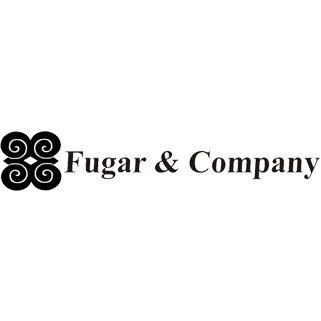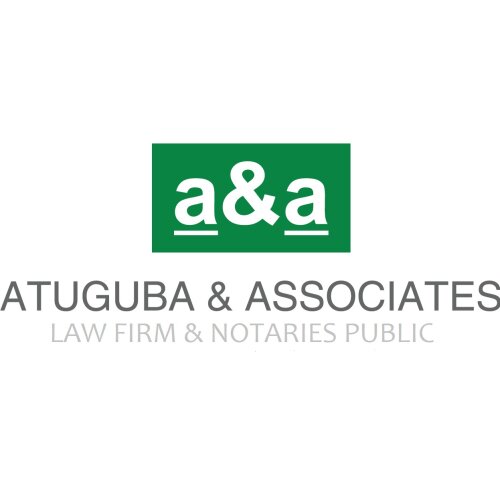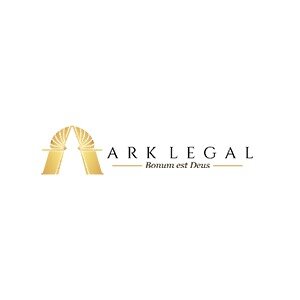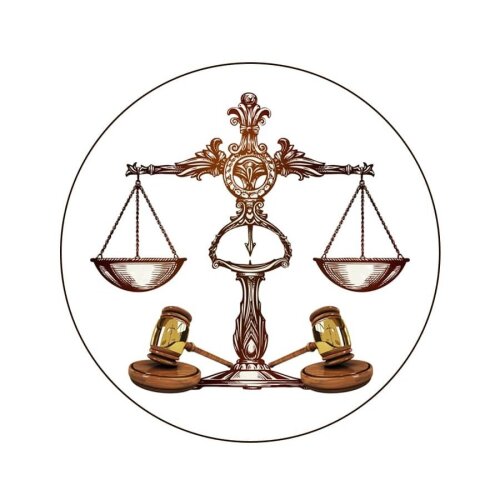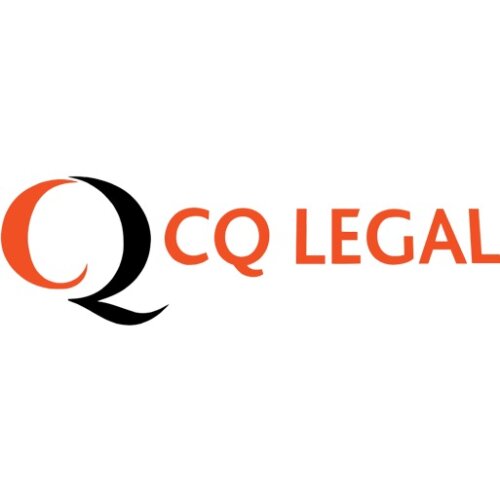Best Project Finance Lawyers in Ghana
Share your needs with us, get contacted by law firms.
Free. Takes 2 min.
Or refine your search by selecting a city:
List of the best lawyers in Ghana
About Project Finance Law in Ghana
Project finance is a common method of funding large-scale infrastructure and energy projects in Ghana. It refers to a financing structure where the lenders primarily rely on the project's cash flow for repayment, with the project's assets, rights, and interests held as collateral. Project finance in Ghana is frequently used in sectors such as energy, oil and gas, mining, telecommunications, and transport.
The process typically involves multiple stakeholders such as sponsors, lenders, government agencies, and contractors. Legal expertise is required to navigate the complex contractual, regulatory, and financial arrangements that are central to project finance deals in Ghana.
Why You May Need a Lawyer
Engaging a lawyer during project finance transactions in Ghana is crucial due to the intricate legal and regulatory environment. Here are some situations where legal assistance becomes essential:
- Reviewing and drafting project and finance agreements including loan documents, security agreements, and risk allocation clauses
- Conducting due diligence on the project, including land rights, corporate structure, and regulatory compliance
- Negotiating with local and international lenders, investors, or government entities
- Ensuring compliance with local content laws and environmental regulations
- Resolving disputes between parties or addressing breaches of contract during the project lifecycle
- Structuring public-private partnerships (PPPs) and navigating government approvals
- Advising on taxation, foreign investment regulations, and currency controls
Local Laws Overview
Project finance in Ghana is governed by a mix of local statutes, sector-specific regulations, and international best practices. Key legal and regulatory considerations include:
- Ghana Companies Act, 2019 (Act 992): Governs the formation and operation of companies involved in project finance transactions.
- Public Private Partnership (PPP) Act, 2020 (Act 1039): Sets out the framework for public-private arrangements and government involvement in major projects.
- Banking and Financial Institutions Act: Regulates lenders and financing providers operating in Ghana.
- Energy Commission Act, 1997 (Act 541) and related sector laws: Regulate energy projects, including licensing and permitting requirements.
- Environmental Protection Agency (EPA) Act, 1994 (Act 490): Requires environmental impact assessments (EIAs) for qualifying projects.
- Land Use and Spatial Planning Act, 2016 (Act 925): Governs land tenure, acquisition, and zoning for infrastructure projects.
- Foreign Exchange Act, 2006 (Act 723): Controls cross-border currency flows and repatriation of earnings.
Each project may also be subject to additional sector-specific regulations, import or export controls, tax incentives, and local content requirements which a legal expert can clarify.
Frequently Asked Questions
What is project finance and how is it different from traditional financing?
Project finance is a method of financing where repayment comes mainly from the cash flow produced by the project itself, with the project’s assets used as collateral. Unlike traditional corporate loans, lenders do not have recourse to the sponsor’s balance sheet.
Which sectors in Ghana commonly use project finance?
Project finance is widely used in sectors such as energy (power plants, renewables), oil and gas, transport infrastructure (roads, ports), telecommunications, and mining.
Who are the main parties involved in a typical project finance deal in Ghana?
Main parties include project sponsors, lenders (banks, DFIs), the government (for PPPs or licensed projects), contractors, suppliers, and sometimes multilateral agencies or export credit agencies.
Does Ghana allow for international lenders to participate in project finance deals?
Yes, Ghana welcomes foreign lenders and investors, subject to compliance with applicable laws and regulations regarding foreign currency, repatriation, and registration of security interests.
What are the licensing requirements for starting a project financed initiative?
Requirements vary depending on the sector but commonly include business registration, sector-specific licenses, environmental permits, and, for PPPs, various government approvals.
What legal risks should I be aware of in project finance transactions?
Risks include regulatory changes, political interference, currency exchange restrictions, delays in permits or land acquisition, environmental liabilities, and contractual breaches.
How are disputes resolved in project finance transactions?
Disputes are often resolved through negotiation, mediation, or arbitration, in accordance with the dispute resolution terms in the project agreements. Foreign investors may also be able to access international arbitration.
What types of security can be given to lenders in Ghana?
Common security includes charges over project assets, accounts, receivables, shares, and sometimes government guarantees or step-in rights for critical projects.
Are there any local content requirements?
Yes, several sectors require a certain level of Ghanaian participation or procurement of goods and services locally, governed by various sector laws and regulations.
Can profits or loan repayments be repatriated out of Ghana?
Repatriation is generally allowed so long as the proper procedures are followed, including compliance with the Foreign Exchange Act and authorization from the Bank of Ghana where required.
Additional Resources
If you need more information or direct support, consider reaching out to the following Ghanaian authorities and organizations:
- Ministry of Finance - Project and Infrastructure Finance Unit
- Ghana Investment Promotion Centre (GIPC)
- Public Private Partnership (PPP) Advisory Unit
- Ghana Energy Commission
- Environmental Protection Agency (EPA)
- Registrar General's Department
- Ghana Bar Association (for referrals to qualified lawyers)
- Bank of Ghana
Next Steps
If you are considering a project finance transaction or are involved in one already, seek legal advice early. Here’s how to proceed:
- Gather all relevant documents about your project, including business plans, financial models, and any correspondence with regulatory bodies or investors
- Identify stakeholders and potential risks or legal questions you may have
- Contact a qualified lawyer or law firm in Ghana with experience in project finance for a consultation
- Prepare a list of questions or issues to discuss during your meeting
- Stay up to date on changes in local laws and best practices that might impact your project
Taking early and proactive legal steps can save time, reduce costs, and help ensure the success of your project finance undertaking in Ghana.
Lawzana helps you find the best lawyers and law firms in Ghana through a curated and pre-screened list of qualified legal professionals. Our platform offers rankings and detailed profiles of attorneys and law firms, allowing you to compare based on practice areas, including Project Finance, experience, and client feedback.
Each profile includes a description of the firm's areas of practice, client reviews, team members and partners, year of establishment, spoken languages, office locations, contact information, social media presence, and any published articles or resources. Most firms on our platform speak English and are experienced in both local and international legal matters.
Get a quote from top-rated law firms in Ghana — quickly, securely, and without unnecessary hassle.
Disclaimer:
The information provided on this page is for general informational purposes only and does not constitute legal advice. While we strive to ensure the accuracy and relevance of the content, legal information may change over time, and interpretations of the law can vary. You should always consult with a qualified legal professional for advice specific to your situation.
We disclaim all liability for actions taken or not taken based on the content of this page. If you believe any information is incorrect or outdated, please contact us, and we will review and update it where appropriate.
Browse project finance law firms by city in Ghana
Refine your search by selecting a city.



